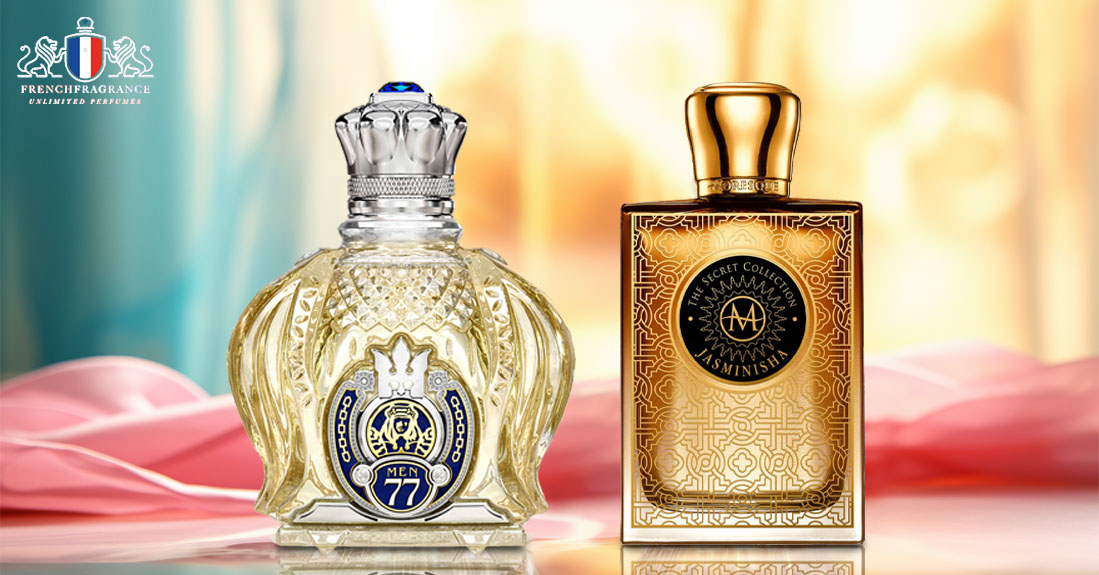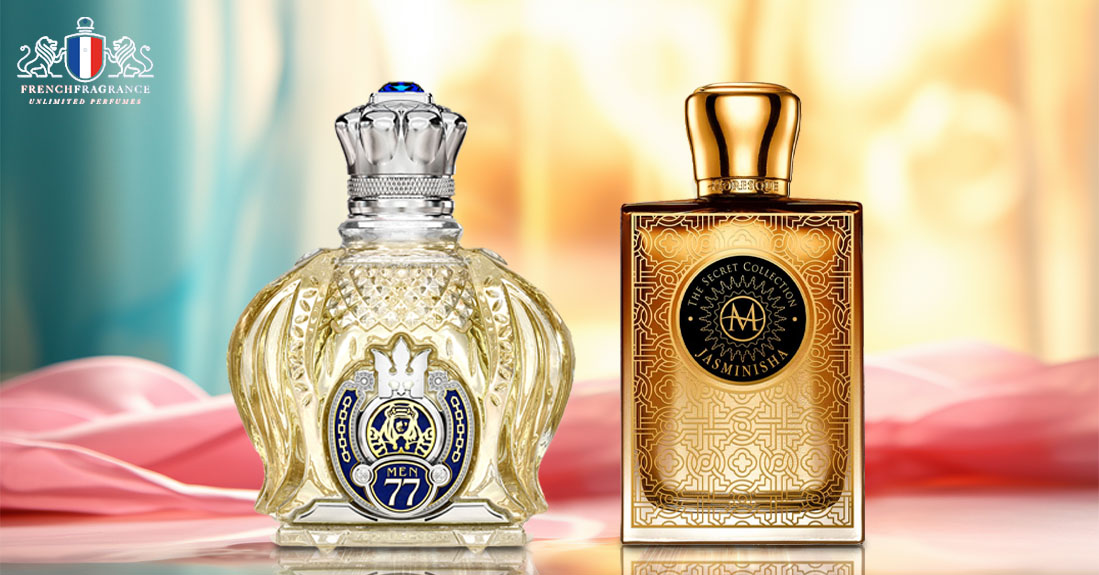Table of Contents
Introduction
Pheromone perfume, often touted as a secret weapon in the art of attraction, has captured the imagination of individuals seeking to enhance their allure and charm. With promises of heightened confidence, increased magnetism, and irresistible appeal, pheromone-infused fragrances have become a popular choice among those looking to leave a lasting impression. In this comprehensive article, we delve into the science behind pheromone perfume, its historical significance, and its impact on human behavior and relationships.
Understanding Pheromones

Pheromones are chemical compounds produced by animals, including humans, that elicit specific behavioral responses in others of the same species. In the animal kingdom, pheromones play a crucial role in communication, signaling attraction, aggression, territoriality, and mating readiness.
While the existence and function of pheromones in humans have been the subject of much debate and controversy, scientific research suggests that humans do produce and respond to pheromones, albeit to a lesser extent than other animals. Human pheromones are believed to influence social interactions, emotional responses, and sexual attraction, although their exact mechanisms and effects remain poorly understood.
The Role of Pheromone Perfume
Pheromone perfume is formulated with synthetic or natural compounds designed to mimic the effects of naturally occurring pheromones. These fragrances are marketed as tools for enhancing attraction, increasing confidence, and creating a sense of intimacy and connection with others.
Proponents of pheromone perfume claim that these fragrances can trigger subconscious responses in those who encounter them, leading to heightened feelings of attraction, desire, and arousal. By harnessing the power of pheromones, individuals hope to amplify their natural appeal and increase their chances of romantic success.
Historical Significance

The concept of using fragrance to enhance attraction and seduction dates back centuries, with ancient civilizations such as the Egyptians, Greeks, and Romans employing perfumes and aromatic oils for ceremonial, medicinal, and romantic purposes.
In more recent history, the idea of pheromone perfume gained traction in the mid-20th century, fueled by scientific discoveries and advancements in fragrance technology. Researchers began to explore the potential effects of pheromones on human behavior, leading to the development of synthetic pheromone compounds for use in perfumes and colognes.
Controversies and Criticisms

Despite the popularity of pheromone perfume, the scientific evidence supporting its effectiveness remains inconclusive. While some studies have suggested that certain pheromone compounds may influence mood, attraction, and social behavior, the results have been inconsistent, and the mechanisms underlying these effects are not well understood.
Critics argue that the marketing claims made by manufacturers of pheromone perfume are often exaggerated and misleading, exploiting consumers’ desires for love and romance. Additionally, there are concerns about the ethical implications of manipulating human behavior with synthetic chemicals, particularly in the context of romantic relationships.
Conclusion
In conclusion, pheromone perfume occupies a unique and controversial niche in the world of fragrance and attraction. While proponents tout its ability to enhance confidence, charm, and allure, skeptics question the scientific basis for its efficacy and raise ethical concerns about its use.
Whether pheromone perfume truly holds the key to unlocking the mysteries of attraction or simply capitalizes on human desires for love and connection remains to be seen. As research continues to shed light on the complex interplay between scent, chemistry, and human behavior, the allure of pheromone perfume will likely persist, fueling both fascination and skepticism in equal measure.
For More Information Please Visit These Websites Craiyon And arturia

